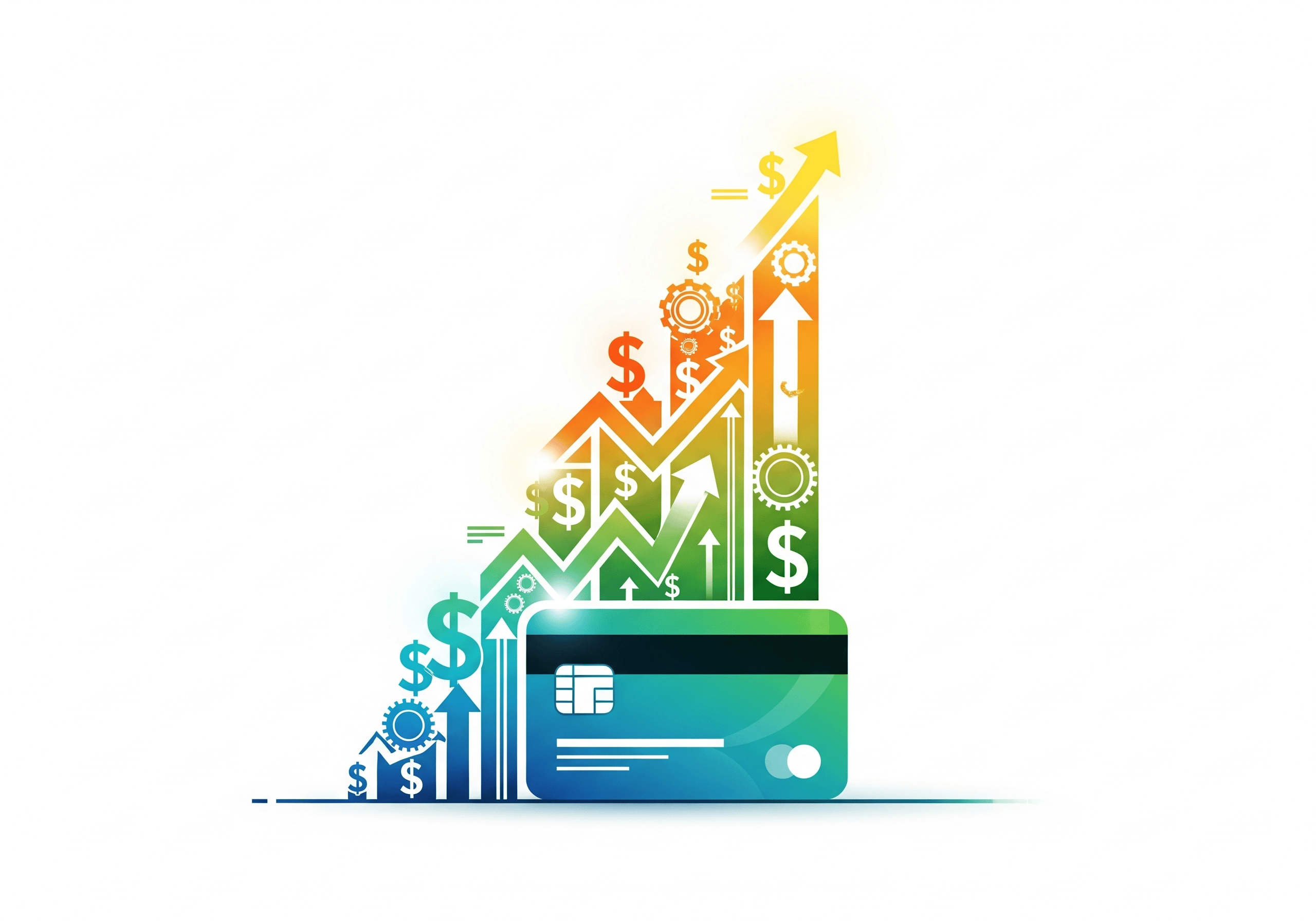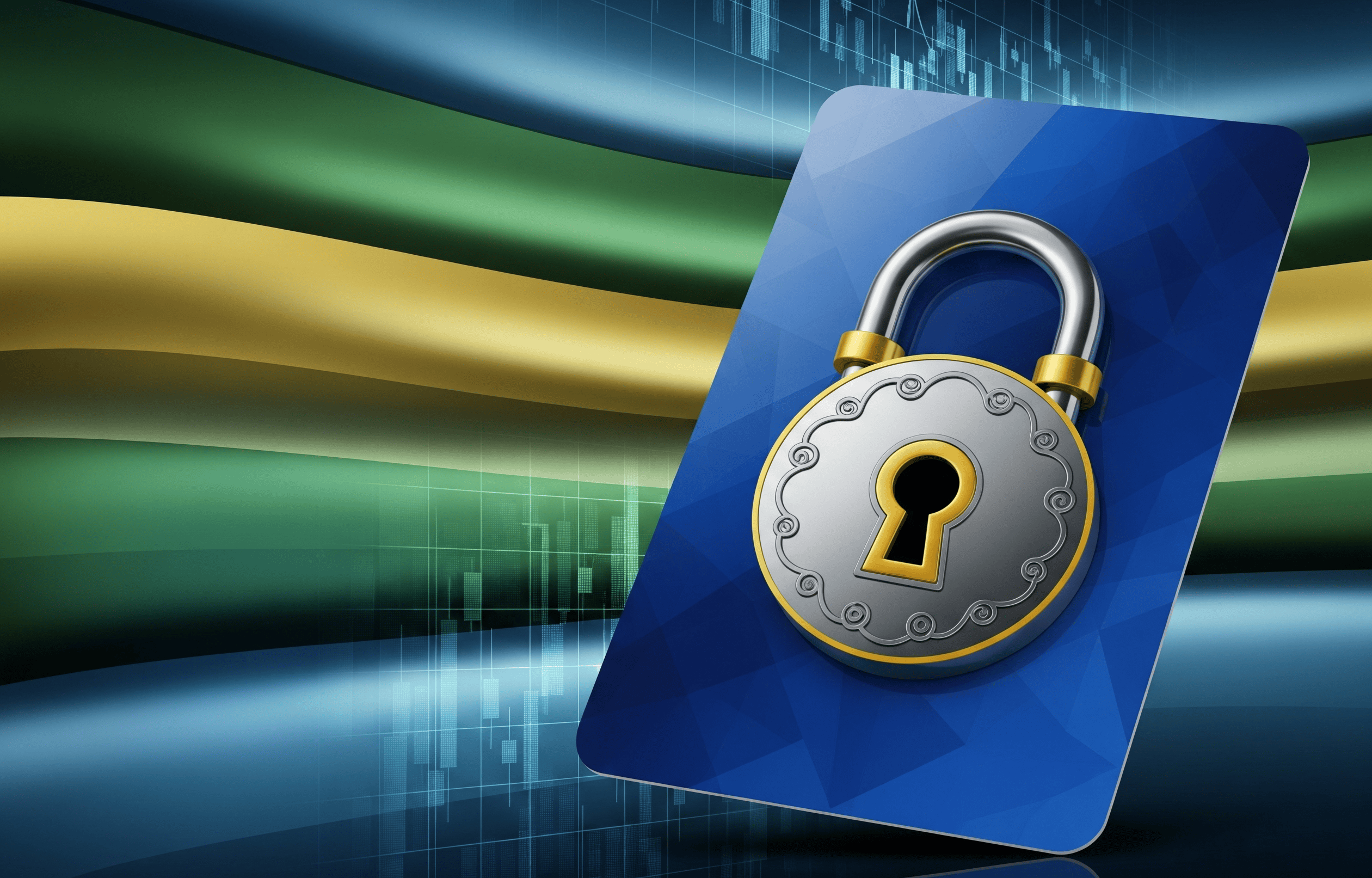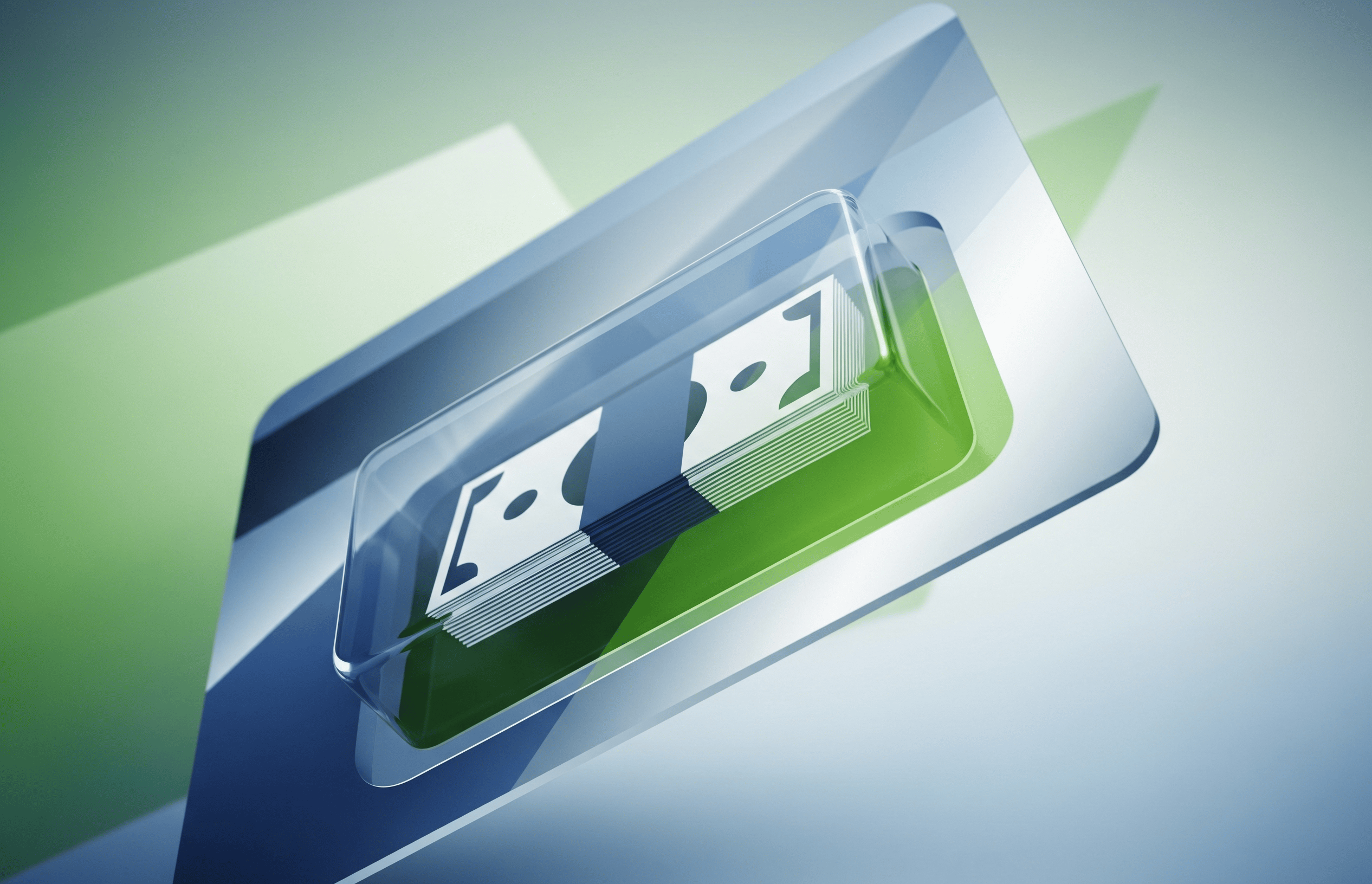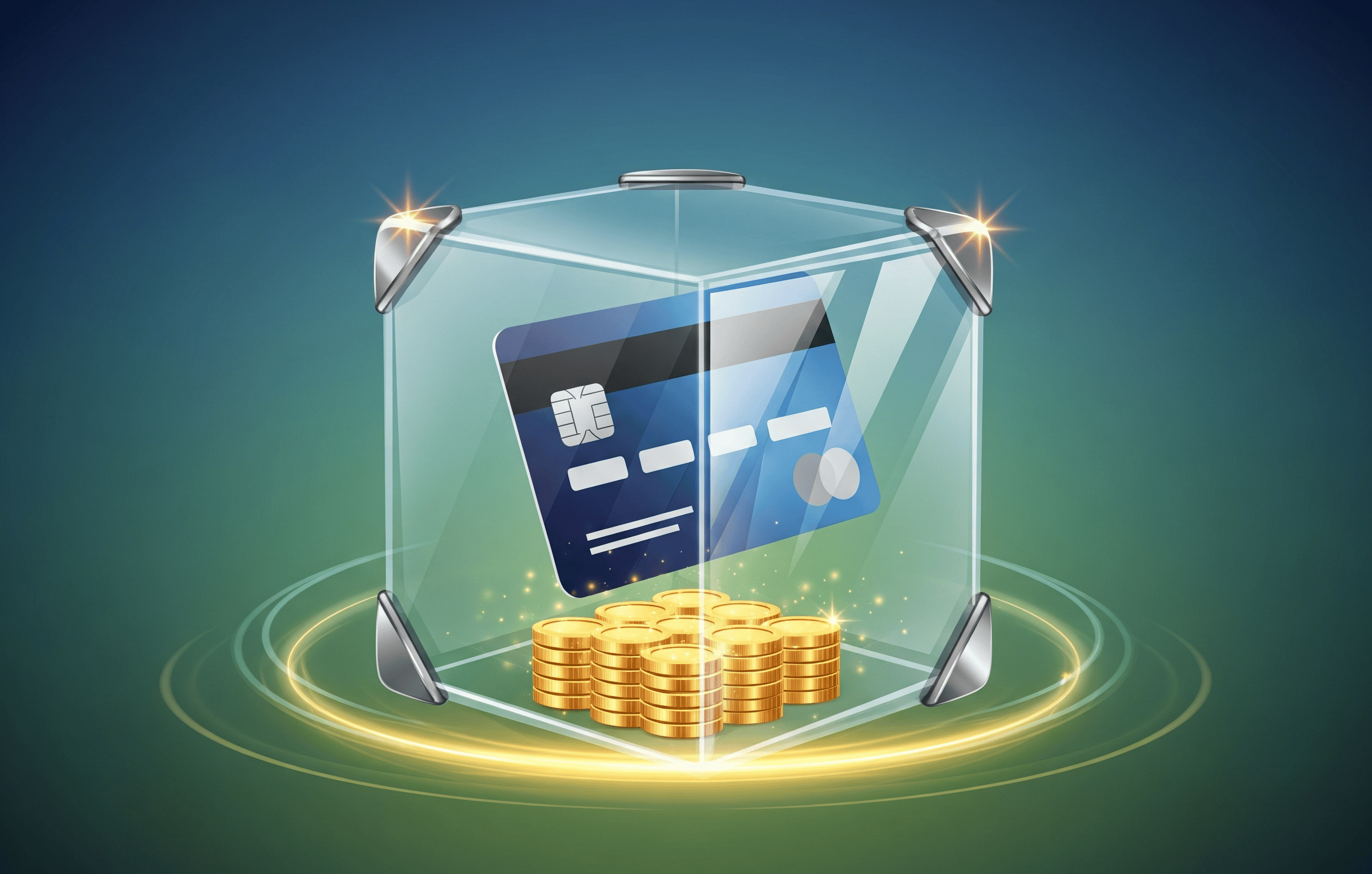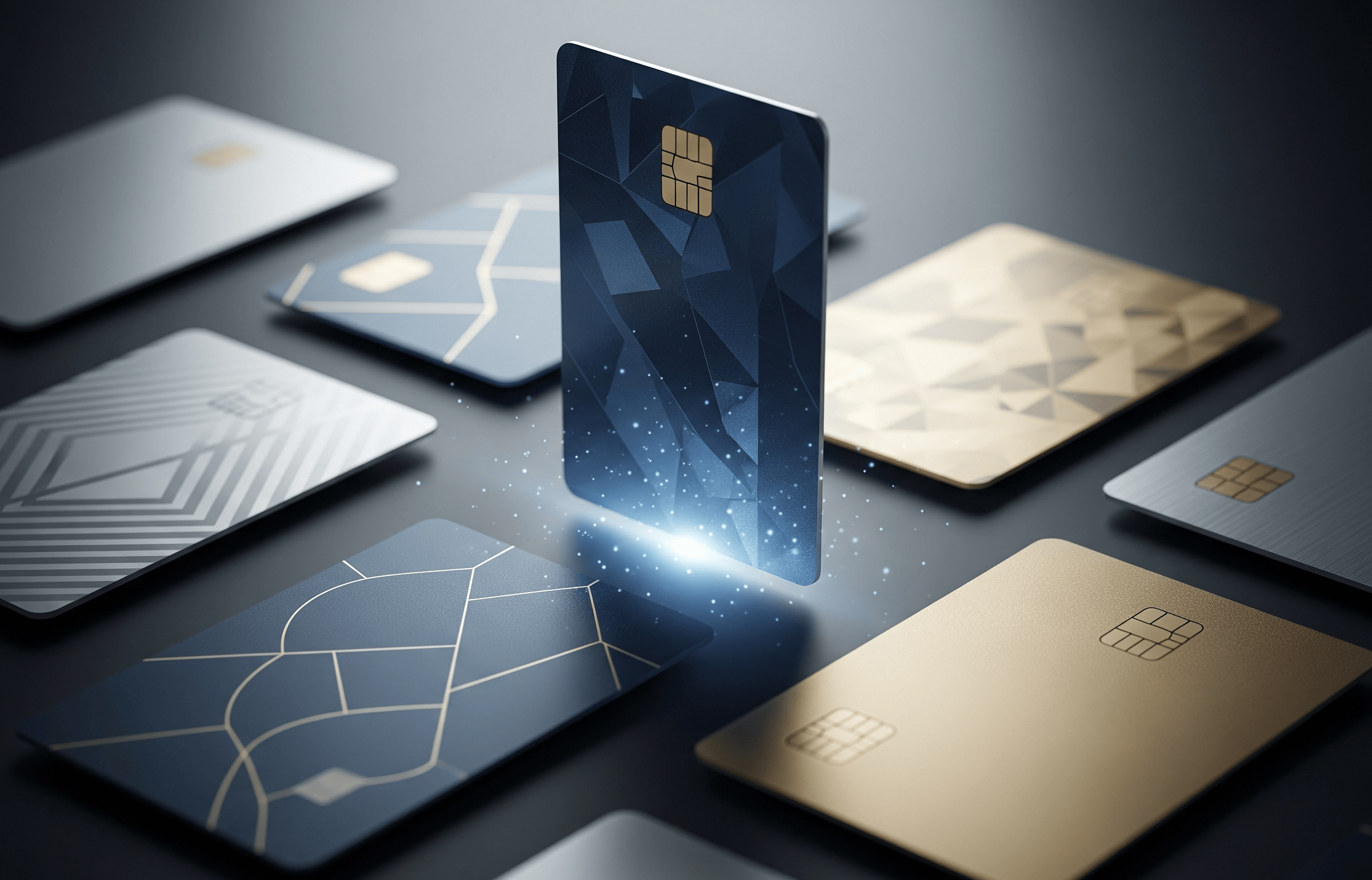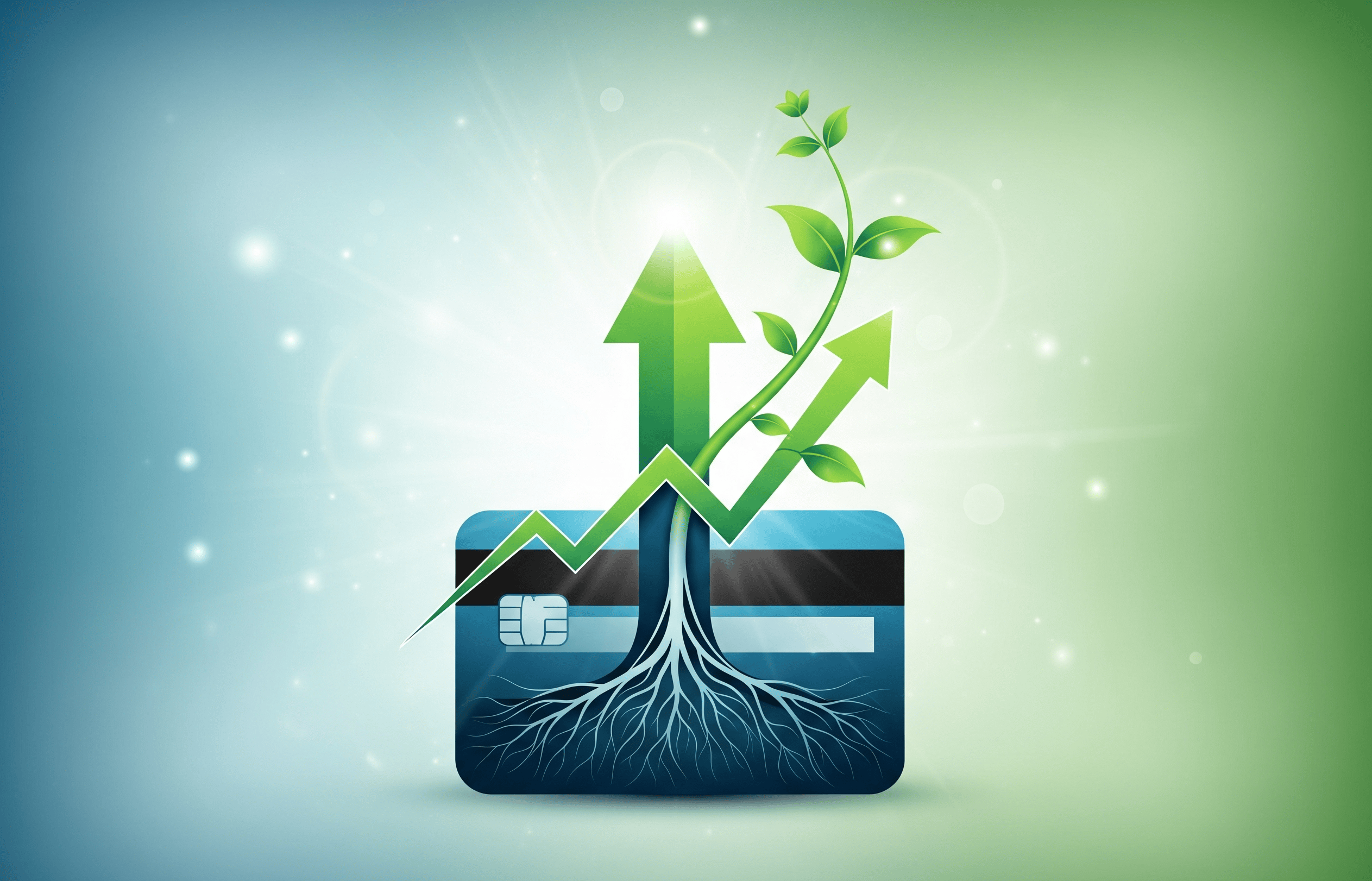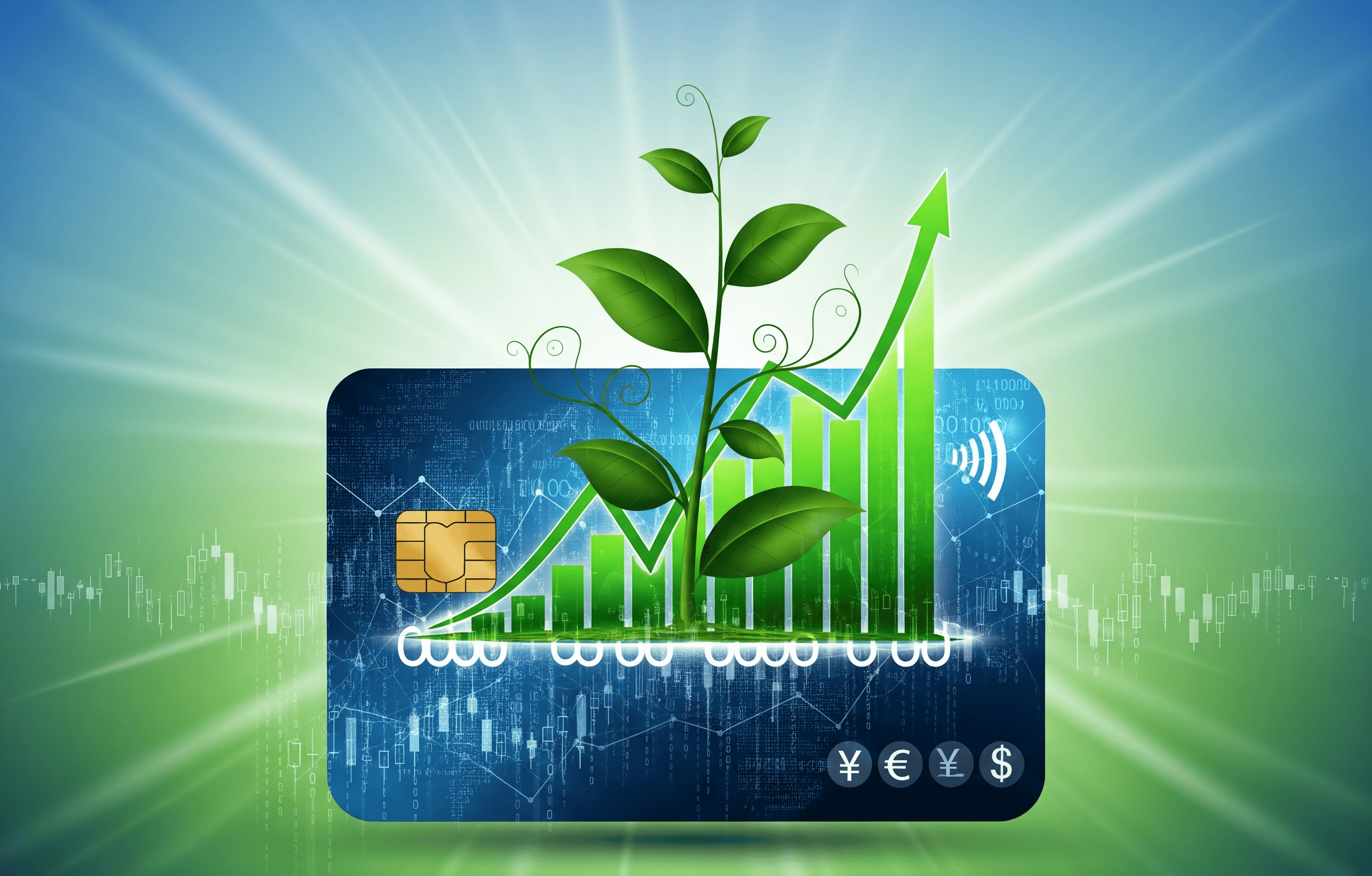Author: Emmy Xu (a proud builder of credit and lifelong student of smart finance)
Date: 5/1/2025
Table of Contents
- How to Build Credit with a Credit Card
- What Happens When You Open a Credit Card?
- Step 1: Keep Your Utilization Low
- Step 2: Always Pay On Time
- Step 3: Start Early and Keep Your Card Open
- Cheers Credit Builder Can Boost Your Progress
- Summary: The Formula for Credit Growth
How to Build Credit with a Credit Card
Credit cards aren’t just for spending—they’re one of the most powerful tools to build your credit from the ground up. When used right, they can help shape a strong financial foundation, opening doors to better loans, rental approvals, and even job opportunities.
However, most people are unaware of how credit cards impact their credit scores. Simply swiping and paying your bill won’t guarantee progress. Building credit with a credit card comes down to understanding a few core habits and systems.
To help you visualize this journey, take a look at the Credit Score Growth Timeline below. It highlights what can happen when you build credit intentionally over the first 12 months:
- Month 1: You open your first credit card. Your credit file begins to form, and your score starts to establish.
- Month 3: You consistently keep your credit utilization under 30%, showing lenders that you borrow responsibly. Your score begins to rise.
- Month 6: You make full, on-time payments every month, proving long-term reliability. Your score climbs further.
- Month 12: With one full year of healthy credit behavior, your credit history has lengthened, and your score typically reaches a good level.

This timeline reflects the real power of habits—small, steady actions that lead to long-term financial strength.
What Happens When You Open a Credit Card?
When you open a credit card, the card issuer reports your account to the major credit bureaus—Experian, Equifax, and TransUnion. These bureaus track how you manage your card. Your behavior is then translated into a credit score.
The two biggest credit scoring models—FICO and VantageScore—look at:
- Payment history (35%) – Whether you pay on time.
- Credit utilization (30%) – How much of your available credit you're using.
- Length of credit history (15%) – How long your account has been open.
- Credit mix (10%) – Whether you use different types of credit (like loans and cards).
- New credit (10%) – How often you apply for credit.
Your card affects nearly all of these categories, especially the first three. That’s why your credit card use plays such a direct role in shaping your score.
Step 1: Keep Your Utilization Low
Your credit utilization ratio is how much of your card limit you’re using at any given time. If your limit is $1,000 and your balance is $500, your utilization is 50%.
To build credit, keep this number under 30%, and ideally under 10%. That shows lenders you're not relying too heavily on credit. High balances—even if paid in full later—can still temporarily lower your score because the credit bureaus may see the balance before you pay it off.
Pro tip: Pay part of your balance before the statement closing date, not just the due date. That way, a lower amount is reported to the bureaus.
Step 2: Always Pay On Time
Your payment history accounts for 35% of your credit score, making it the single most important factor. Paying your bill on time every month is non-negotiable. Even one missed payment can drop your score and remain on your credit report for up to seven years.
The safest move is to set up autopay—at least for the minimum amount due. If you can afford to, paying the full balance not only helps your score but also saves you from interest charges.
Missing a payment doesn’t just hurt your score. It may also trigger penalty APRs, late fees, and lost reward points.
Best habit: Pay your balance in full before the due date and automate it to avoid forgetfulness.
Step 3: Start Early and Keep Your Card Open
Credit history length is often overlooked, but it matters. It accounts for approximately 15% of your credit score, and older accounts carry more weight. That’s why you should never close your first card, even if you move on to newer or better cards.
When you close a card, you may shorten your average credit history and reduce your total available credit—two things that could negatively impact your score.
If you don’t use a card often, don’t close it. Instead, use it for a small, recurring purchase—like a streaming subscription—and set up automatic payments.
Best move: Keep your oldest account active. Let it quietly strengthen your credit file in the background.
Cheers Credit Builder Can Boost Your Progress
While a credit card builds your revolving credit history, your score also benefits from having installment credit—like loans. That’s where Cheers Credit Builder helps.
It’s a small credit-building loan designed to grow your score behind the scenes. You don’t need good credit to qualify. Each on-time payment is reported to all three credit bureaus, strengthening your payment history and credit mix at the same time.
The loan amount is held in a locked savings account and returned to you when the program ends—so you're not borrowing money you can spend, but you’re still getting credit for responsible behavior.
It’s a great way to grow your credit while keeping your finances stable. Learn more at Cheers.Credit.
Summary: The Formula for Credit Growth
To build credit with a credit card, focus on these habits:
- Spend less than 30% of your limit (preferably less than 10%)
- Pay your full balance on time, every month
- Let your account age—don’t close it
- Monitor your credit report to track progress
Credit isn’t built in a day. But with consistent effort, your score will improve, and those three-digit numbers can shape your future.
References
- https://www.bankrate.com/credit-cards/advice/credit-card-how-long-should-i-keep/
- https://www.consumerfinance.gov/ask-cfpb/will-paying-off-my-credit-card-balance-every-month-improve-my-score-en-1293/
- https://www.bankrate.com/credit-cards/advice/credit-card-how-long-should-i-keep/
- https://www.consumerfinance.gov/ask-cfpb/does-it-hurt-my-credit-to-close-a-credit-card-en-1231/
- https://www.bankrate.com/credit-cards/advice/credit-card-how-long-should-i-keep/

